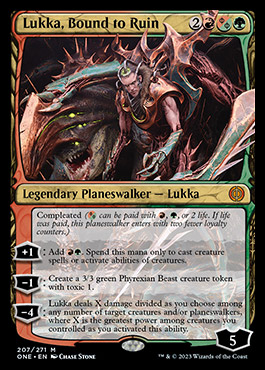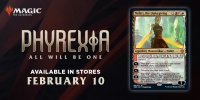i feel like it's relevant to link a thing i wrote about complexity recently:
https://riptidelab.com/forum/threads/defining-optimizing-complexity.3633/
Somewhere along the path they made the mistake of making many different keywords each set
I think it's more correct to say they made a design
decision. As you increase keywords, complexity goes up, but
fun scales nonlinearly with complexity.
A game that's not sufficiently complex isn't fun! Magic would be less fun if every creature was vanilla, or if stack interaction didn't exist. I reject the claim that more mechanics and keywords leads to bad Magic
by default. At the same time, a game that's too complex isn't fun, either. I've certainly played Magic formats (Unfinity, The Devoid Cube) that were overwhelming and less enjoyable. So it is
also untrue to argue that more mechanics is good for Magic
by default.
Instead, there's a bell curve or landscape of fun as a function of complexity, and some optimum of complexity that leads to the most fun
for a given player. I think it's important to anchor discussion of Magic's complexity in the realization that ludic fun is subjective and personal. There's no arguments to be won, here, just opinions that we all need to respect.
More constructive, I think, is design-oriented analysis of what mechanics work
for you and why.
E.g., I think Retail Limited draft formats (even NEO and co.)
are relatively simple. A newcomer to Magic doesn't know that transforming Sagas are new -- they absorb it just like they do Flying and First Strike. And because NEO repeats those mechanics over and over in every pack, a newcomer gets to shortcut the 2nd, 3rd, and 10th instances of these mechanics. There are even plentiful duplicate cards to ease comprehension once you're over the initial barrier.
Yeah, NEO is more complex than MMQ, but contrast NEO to a random Riptide cube instead! My main cube has like 80+ unique mechanics and 360
unique cards. The only reason we cube curators can even conceptualize our formats is
years of experience and memorization of these cards -- name a card in my cube, and I'll probably be able to give you the exact rules text for it by memory. We're all so deeply engaged with Magic that we take that huge complexity barrier for granted.
(And while we're here, it's worth noting that we only bother to memorize old cards that are well-designed. So there's a huge selection bias. NEO and ONE's most complex cards are still better than
Dead Ringers.)
Cube actually has a
lower complexity threshold than Draft or Commander, and I think that's why these spoiler threads always degenerate into complexity-talk.
It's because we're planning to abduct 1-10 cards from their context, and plop them in these enormously complex formats where the new cards
add to 30 years of design complexity and
compete against 30 years of design elegance. No wonder the new stuff can't keep up.


